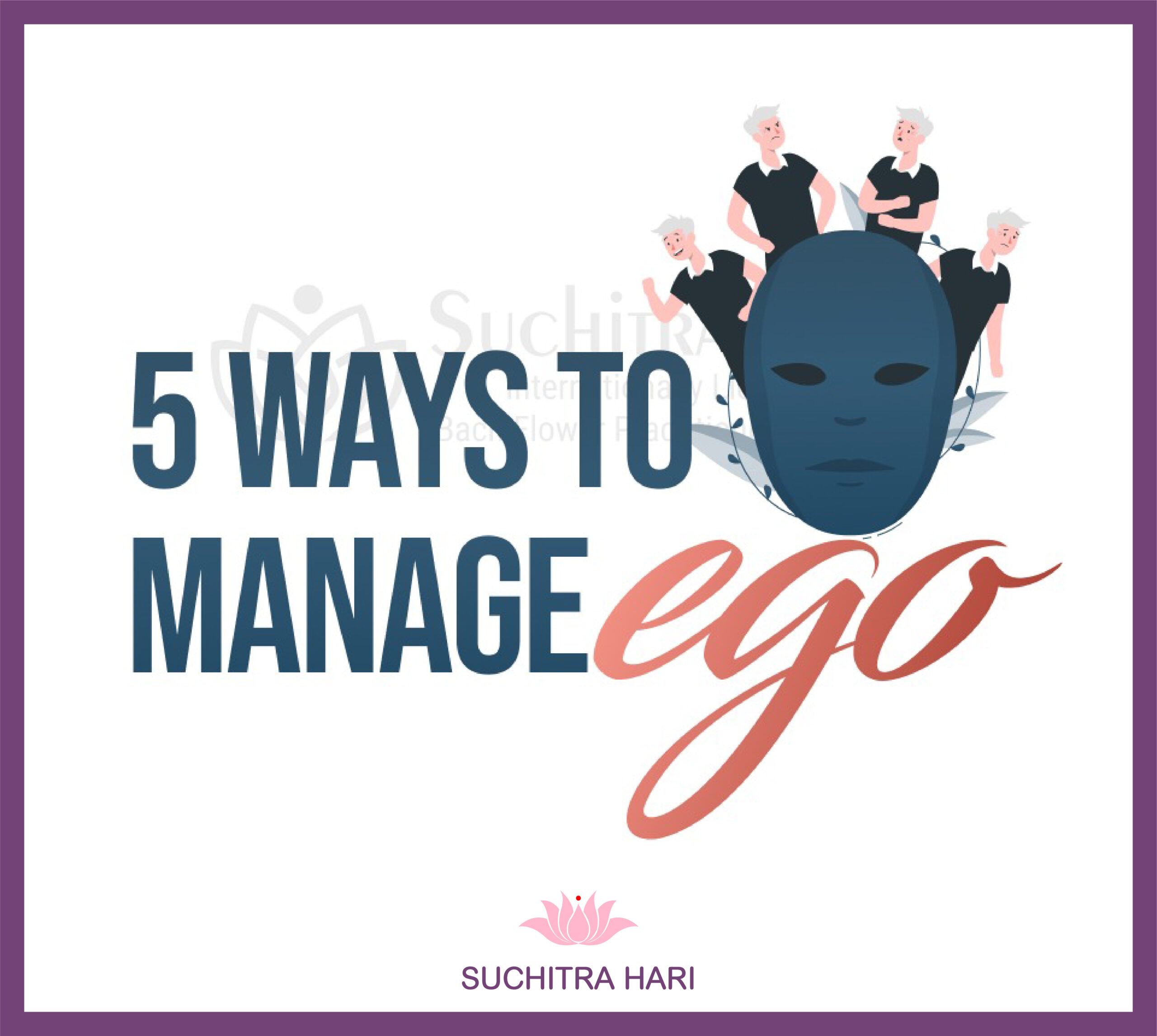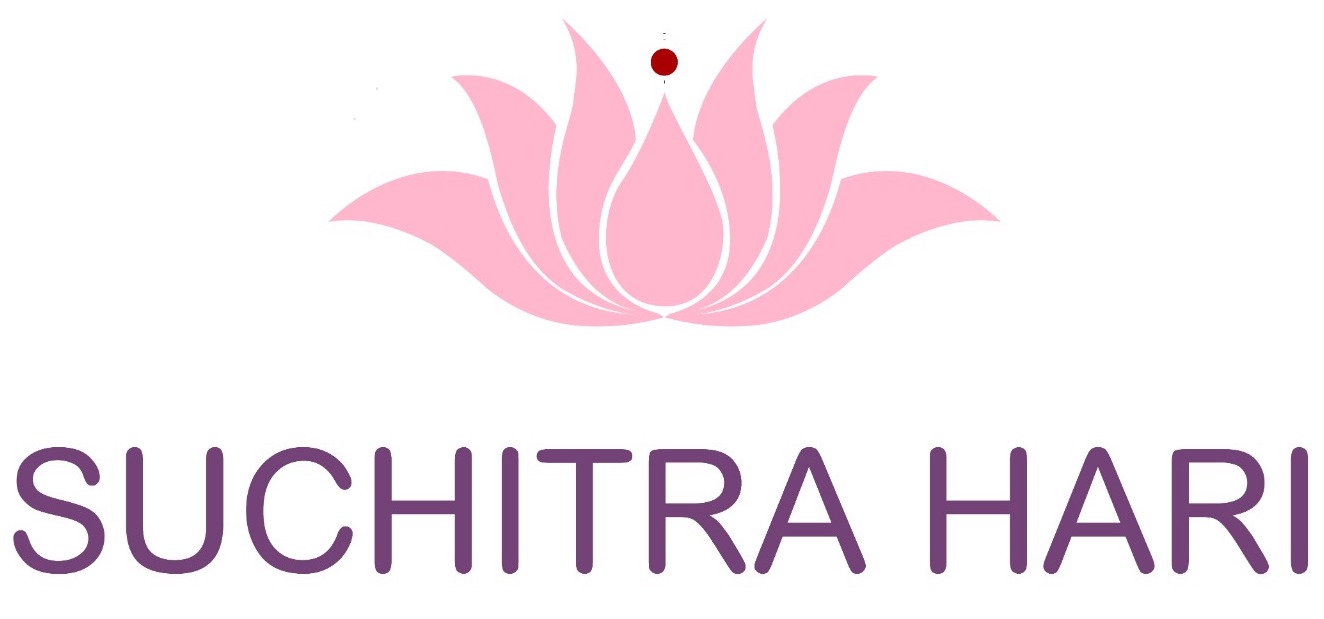
5 Ways To Manage Ego
What is Ego?
Ego is the belief that you are better than other people. It’s the idea that you’re better than everyone else, even if you aren’t. And it’s a lot like pride and can often be misconstrued as confidence.
There is a difference between confidence and ego
1. Confidence is about believing in yourself, and ego is about believing you’re better than others.
2. Confidence is not dependent upon the opinions of others, while ego is based on the opinion of others.
3. Confidence is likely to create self-assurance, while ego is likely to be self-centeredness.
4. Confidence is about self-esteem, whereas ego is about self-importance.
5. Confident people are aware of their talents and strengths, whereas egoistic people may seek constant acknowledgment and praise.
6. Confident people have the ability to stand up for themselves, when necessary, without being aggressive or angry with others, whereas egoistic people may want complete obedience to their ideals.
Everyone has an ego, and it’s not a bad thing—it’s just that sometimes we let our egos get the best of us. We start thinking about ourselves more than we think about what’s happening around us, so much so that we forget to notice other people, or their feelings and needs. If you want to be a successful manager/ leader/ coach/ teacher/ friend/ parent/ spouse, then you need to learn how to manage your ego so that you can focus on what really matters: how others feel and what they need from you at any given time.
Here are 5 ways to manage ego –
Recognize your ego.
We all have egos. It’s a natural part of being human—it’s what makes us unique and special! But sometimes we can get so wrapped up in our own selves that we forget about the people around us. It’s important to recognize your ego when it shows up and triggers that activate the ego button. The more aware you are of your ego, the more capable you are of implementing the self-improvement plan. This understanding can increase the chances of success dramatically.
Stop comparing yourself to others
Comparing yourself to others will only make you feel bad about yourself, which in turn will lead to more ego problems. Instead, focus on doing better than the last time. You may want to derive motivation and inspiration from someone else’s work that helps you move forward in life. Such a comparison is rational and encouraging.
Watch out for admiration trap
Sometimes, we all fall into the admiration trap. When someone tells us we’re great, or that they love our work, we can get so caught up in that feeling that we forget to keep an eye on our ego. But since it’s such a powerful feeling, it can be difficult to ignore and control.
One way to keep a check on your ego is by making sure you don’t let other people’s opinions of you affect how you feel about yourself. It’s easy to fall into the trap of thinking that if others like what you do, then maybe they must also like you as a person. The truth is that your work is just one part of who you are as a person and there are other factors involved in how people perceive your work and you. So when someone really likes what you do, it doesn’t necessarily mean they like everything else about who you are.
Don’t take rejection personally.
When you take rejection personally, you’re allowing ego clashes to affect your productivity. Ego clashes happen when you feel like someone has a personal stake in your work, or that they are trying to “take credit” for what you do. This is a natural reaction to the fact that we all have different skills and abilities—no one can be good at everything. But ego clashes can also be caused by people who expect perfection from us, or who don’t understand our process. If you don’t take rejection personally, you’ll be able to easily focus on your work when things go wrong or when there’s not enough time for it.
Take help of Bach remedies to soothe the difficult emotions
Bach Flower Remedies are a very gentle way to help soothe your emotions. They work by helping you connect with your inner self and find a more balanced state of mind. Some of the following remedies can be used to help manage triggers better and let confidence shine and keep ego in check.
Bach Flower Remedy – Heather can help you when you are too concerned about your image and want to adorn an audience.
Bach Flower Remedy -Chicory can help with selfish egotism, or the inability to share easily. It can be used with people who are so focused on their own needs that they cannot see how it might benefit them to do something for someone else. Chicory helps us understand that acting based on our own desires is not always what is best for us or those around us.
Bach Flower Remedy – Water Violet can help with proud and aloof feelings and help you feel connected to others. It helps you open up about yourself and balances the ego.
Bach Flower Remedy – Vine can help you connect with ease and let go of your ego. This flower helps you to release the stress of wanting to control and allows you to let go of your need to prevail and listen to others with an open mind.
(Disclaimer: The above are suggestive remedies, one must make a personal blend after consulting a BFRP (Bach Foundation Registered Practitioner)).




